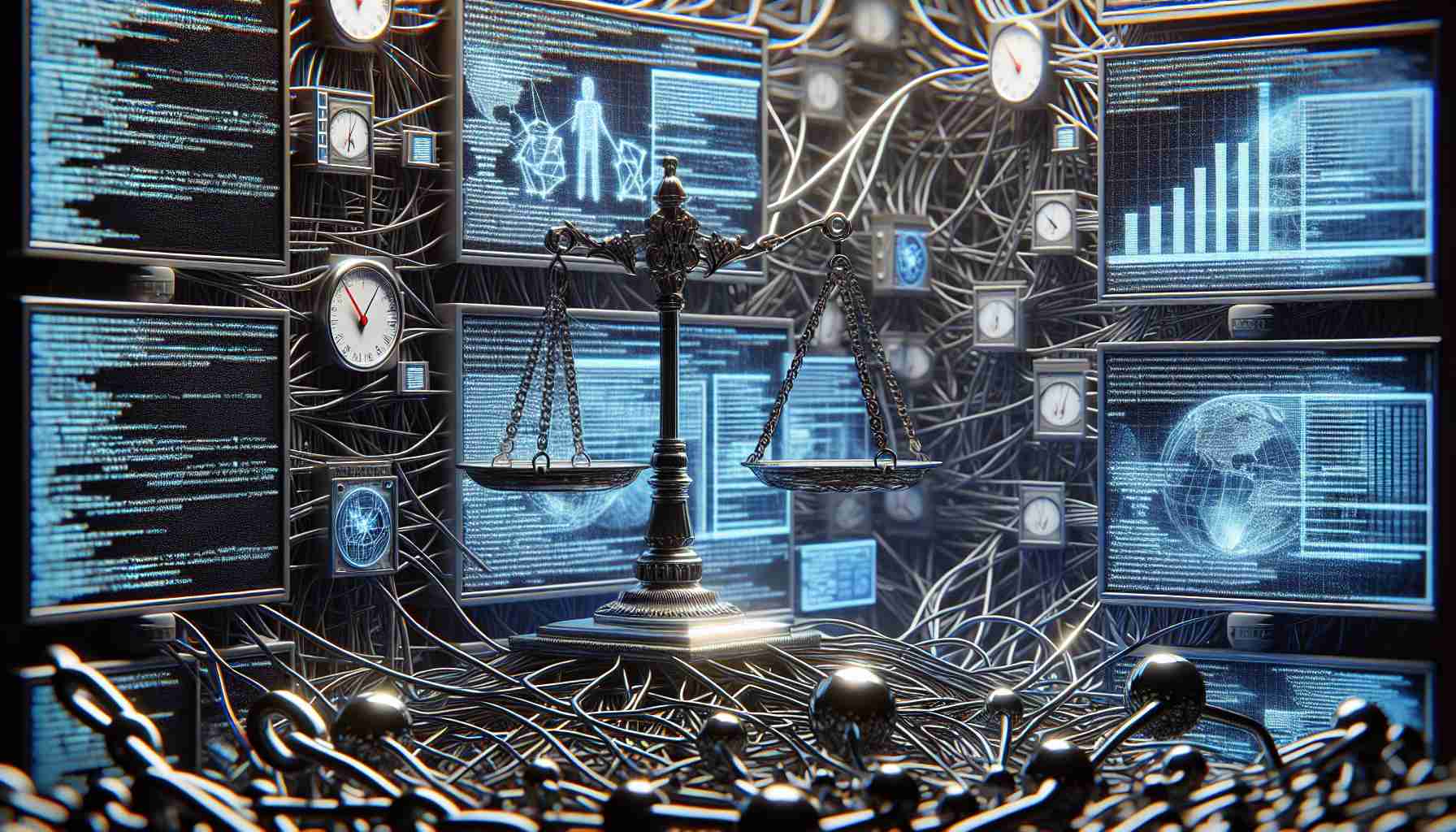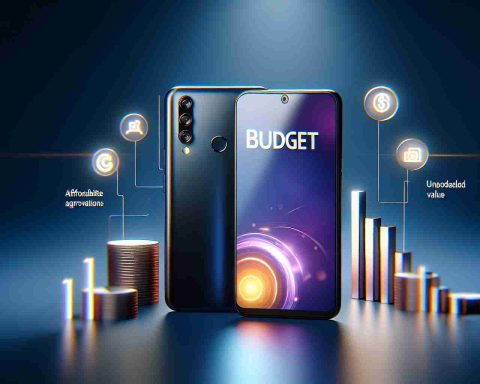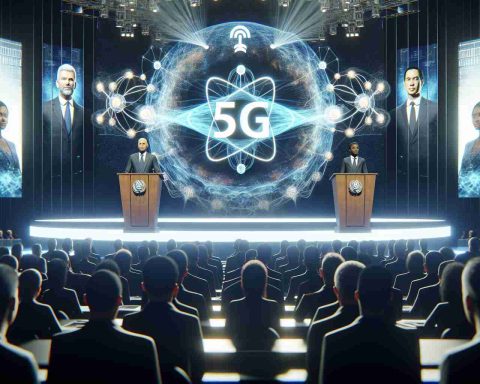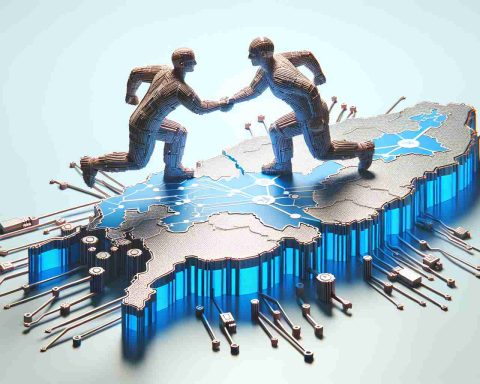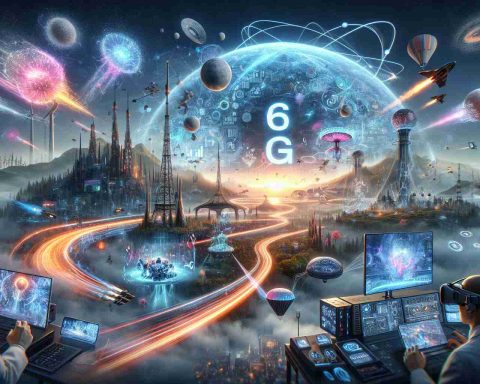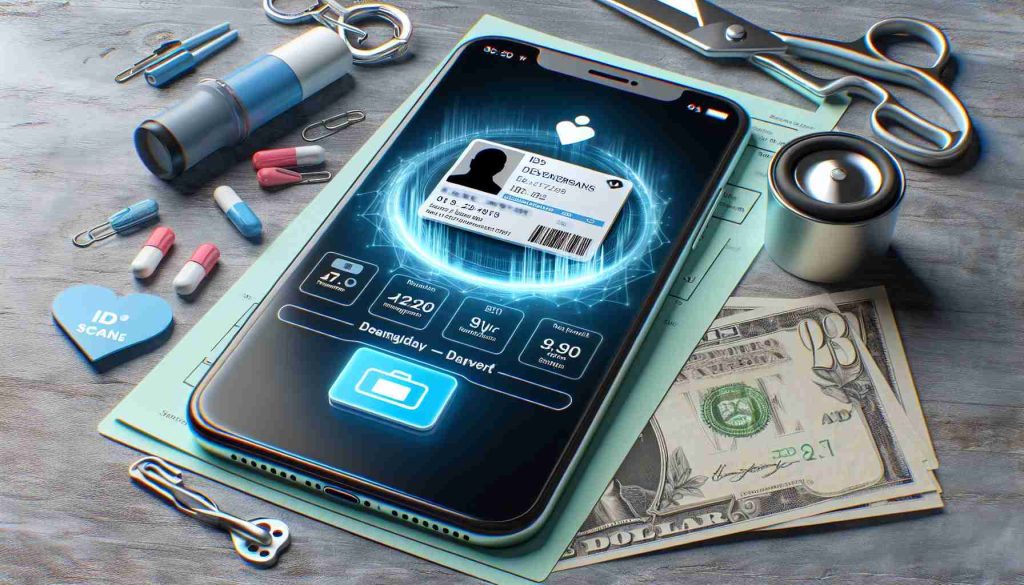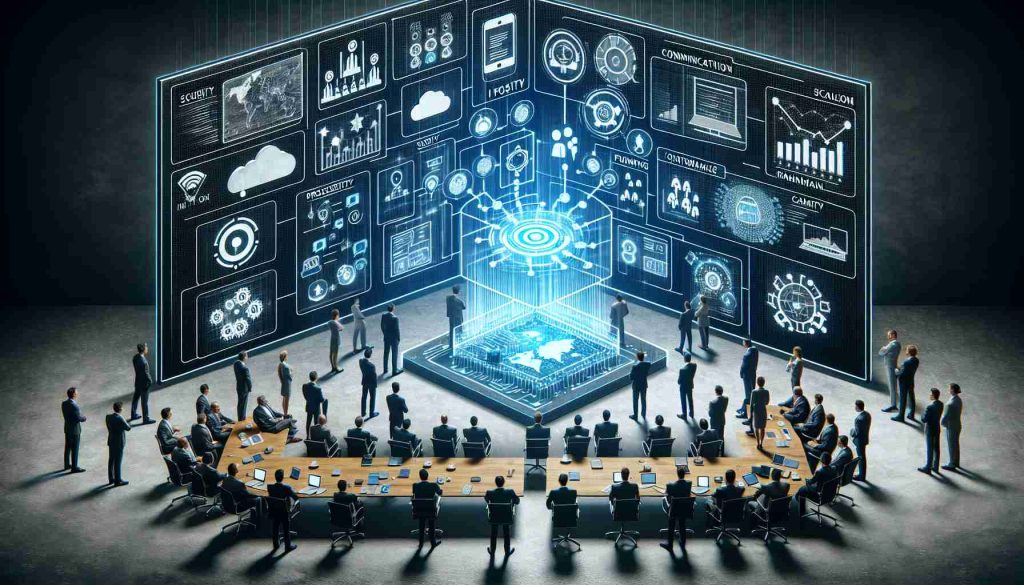Internet technology, which was once only accessible to the wealthy, has become widely available and affordable for most Americans, thanks to the innovations of the private sector and the free market economic system.
In the year 2000, only half of the United States population had access to the internet. Currently, that percentage stands at 92%. Almost 19 out of 20 adults now have internet access through their smartphones. Does this sound like a market that needs government assistance?
If you answered yes, you might also believe that Al Gore invented the internet.
The role of the government has primarily been to stay on the sidelines. As former Congressman Chris Cox (R-Calif.), who wrote the first bipartisan legislation on internet access in the 90s, explained: “We achieved this rapid expansion by keeping internet regulations based on freedom and without excessive judicial processes.” Credit for the internet’s development should also be given to former President Bill Clinton for keeping the government’s hands off the internet.
But now, the Biden administration—which has never met an industry it didn’t want to regulate and control—has authorized the Federal Communications Commission (FCC) to monitor the internet under the pretext of “preventing digital discrimination.”
President Joe Biden’s infrastructure project has allocated $65 billion to expand access to high-speed internet, even though almost everyone already has it. What’s worse, Biden is playing the race card, and the new FCC regulations enable the establishment of de facto “equal access” to the internet. FCC lawyers have chosen the standard known as “disparate impact,” which means that if they find any minority neighborhood at any point that lacks the same internet access as a high-income area, they can file telecommunications lawsuits against companies. One can almost hear the drooling of lawyers.
The defendant doesn’t even have to prove that there was any intention of discrimination based on race or ethnicity. These lawsuit threats will hinder, not promote, internet access.
If a telecommunications provider offers a new service but doesn’t sign up a sufficient number of a protected group, the FCC can impose fines worth hundreds of millions of dollars and order the company to rectify the inequality. This is a clandestine way of creating internet access quotas based on racial criteria.
Here lies the problem. In its 235-page statement issued in November, the FCC openly admits that it may find “little or no evidence” of “intentional discrimination by market participants.” They also found no evidence that discrimination “contributes to disparities in broadband service access nationwide.”
It would be like suing an electronics or music store for not selling enough televisions or albums to black and Hispanic people.
FCC Commissioner Brendan Carr warns that Biden’s FCC has been empowered to undermine every aspect of internet service providers’ operations, from network maintenance and installation to daily business operations such as pricing and marketing.
In other words, Carr believes the Democrats’ strategy is to turn the internet into a regulated tool overseeing “access, content, and prices.” This will function similarly to the regulation of airlines in the 70s and healthcare in the 2000s, leading to more expensive services and restricted access.
It wouldn’t be surprising if some telecommunications companies, which played a key role in bringing the internet to our homes and offices, decide that it’s not worth facing the threat of lawsuits and abandon internet services. If that happens, the poor and minorities will indeed suffer from the “disparate impact.”
Stephen Moore is a co-founder of the Committee to Unleash Prosperity. He is an economist with FreedomWorks and serves as an economic advisor in Trump’s campaign.
FAQ Section based on key topics and information presented in the article:
1. What is the current internet access in the United States?
Currently, 92% of the US population has internet access through their smartphones.
2. What was the government’s involvement in internet development in the past?
The government stayed on the sidelines, contributing to the rapid expansion of the internet.
3. What role does the Federal Communications Commission (FCC) play in monitoring the network?
The Biden administration has authorized the FCC to monitor the network under the pretext of “preventing digital discrimination.”
4. What are the consequences of this surveillance?
The new regulations enable the establishment of “equal access” to the internet, potentially leading to telecommunications lawsuits.
5. What evidence exists for intentional discrimination and inequalities in internet access?
The FCC itself admits in its 235-page statement issued in November that there may be “little or no evidence” of intentional discrimination or disparities in broadband service access.
6. What are the concerns regarding internet regulations?
FCC Commissioner Brendan Carr warns that regulations could impact all aspects of internet service providers’ operations, resulting in more expensive services and restricted access.
7. What could be the consequences for the poor and minorities?
If telecommunications companies abandon internet services due to the threat of lawsuits, the poor and minorities may suffer from limited access to the internet.
Key terms and jargon definitions used in the article:
1. Federal Communications Commission (FCC) – an independent US government regulatory body that oversees radio communication, telecommunications, television, cable, satellite, and the multimedia industry.
2. Preventing digital discrimination – refers to actions taken to ensure equal access and treatment of all internet users, regardless of race, ethnic origin, or other discriminatory factors.
3. Equal access – refers to the principle of providing equal opportunities for all users to access the internet and its resources.
Suggested related links to the main domain (excluding subpages):
– Federal Communications Commission (FCC)
– The White House
The source of the article is from the blog myshopsguide.com
